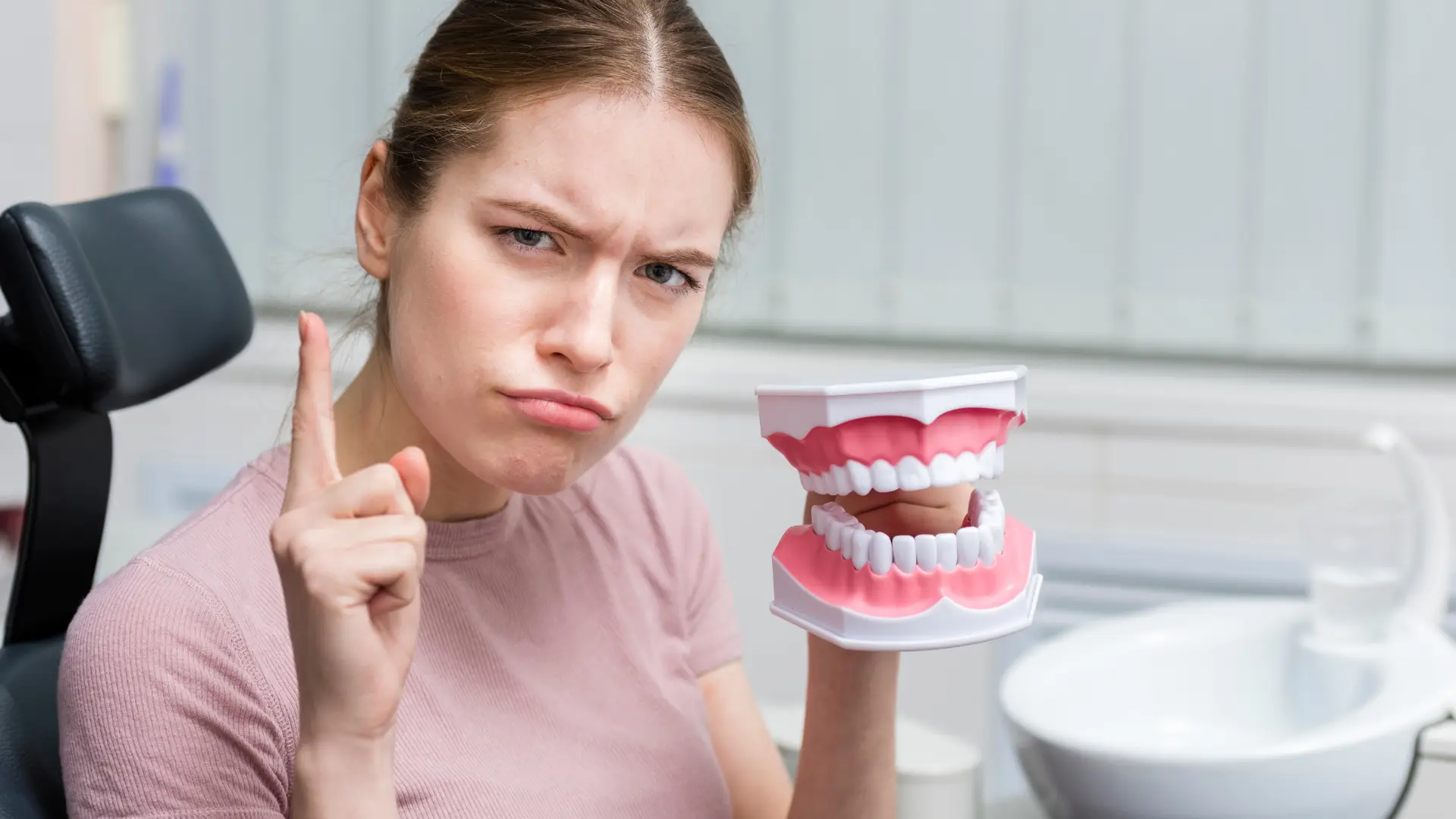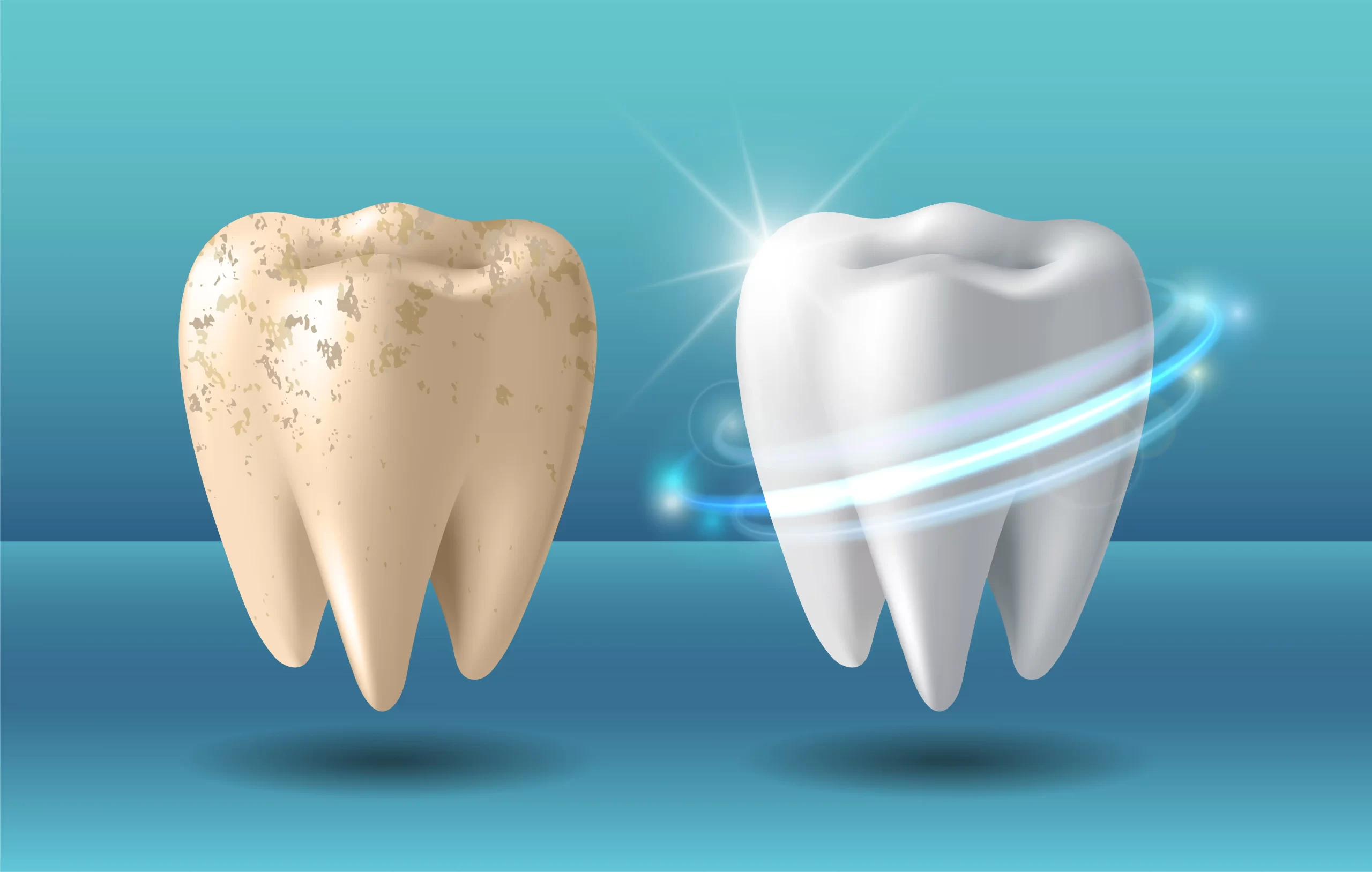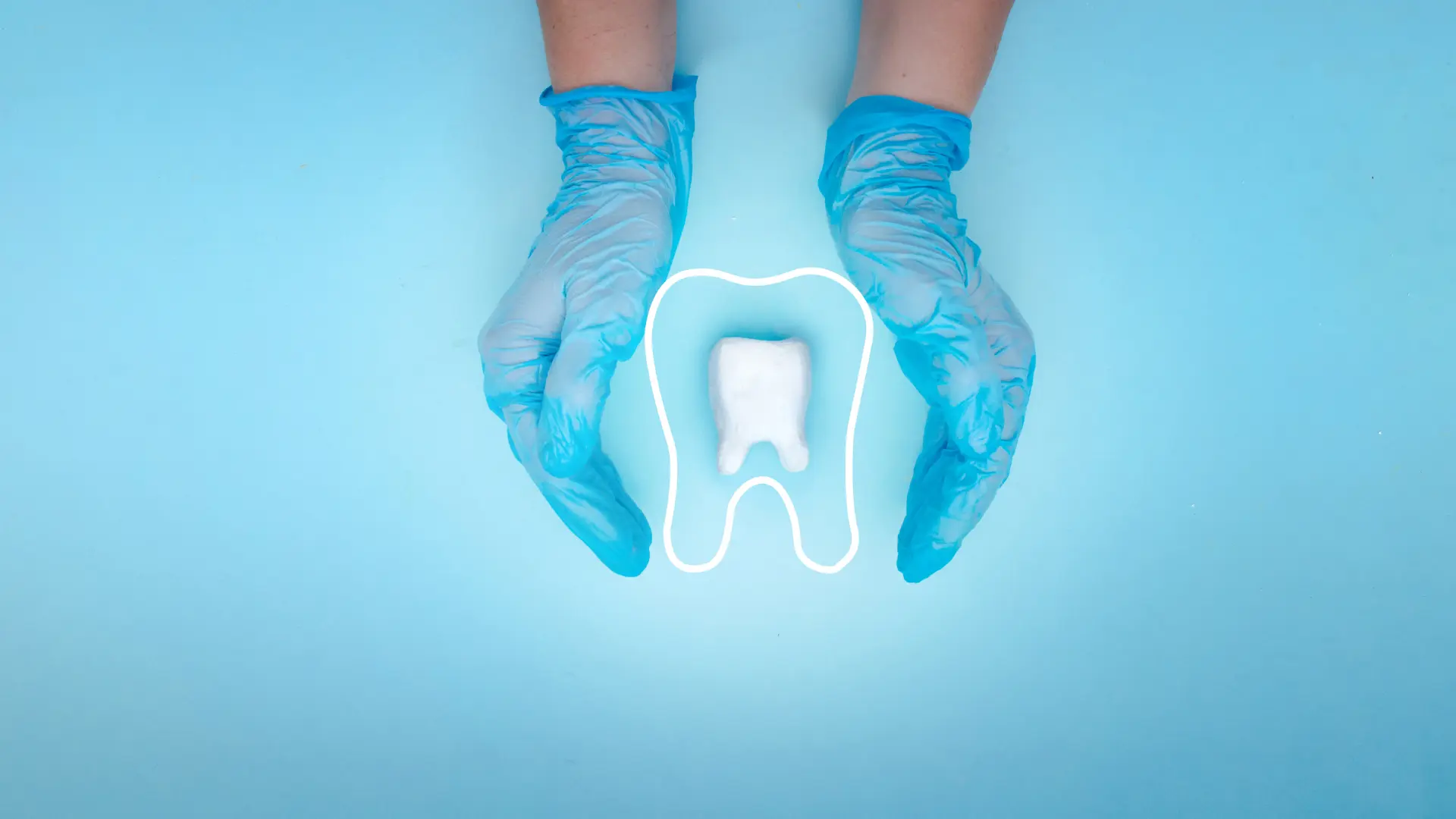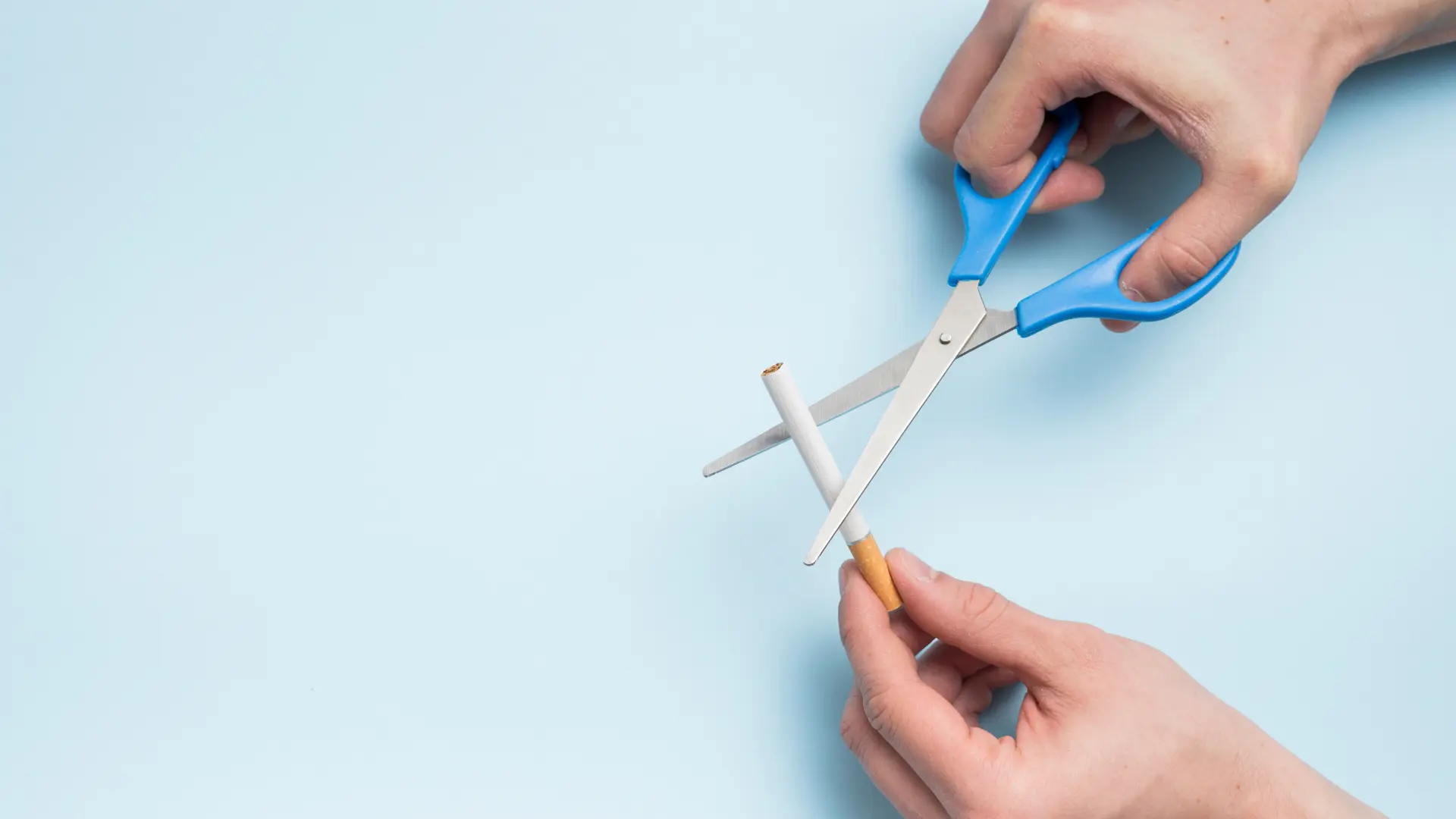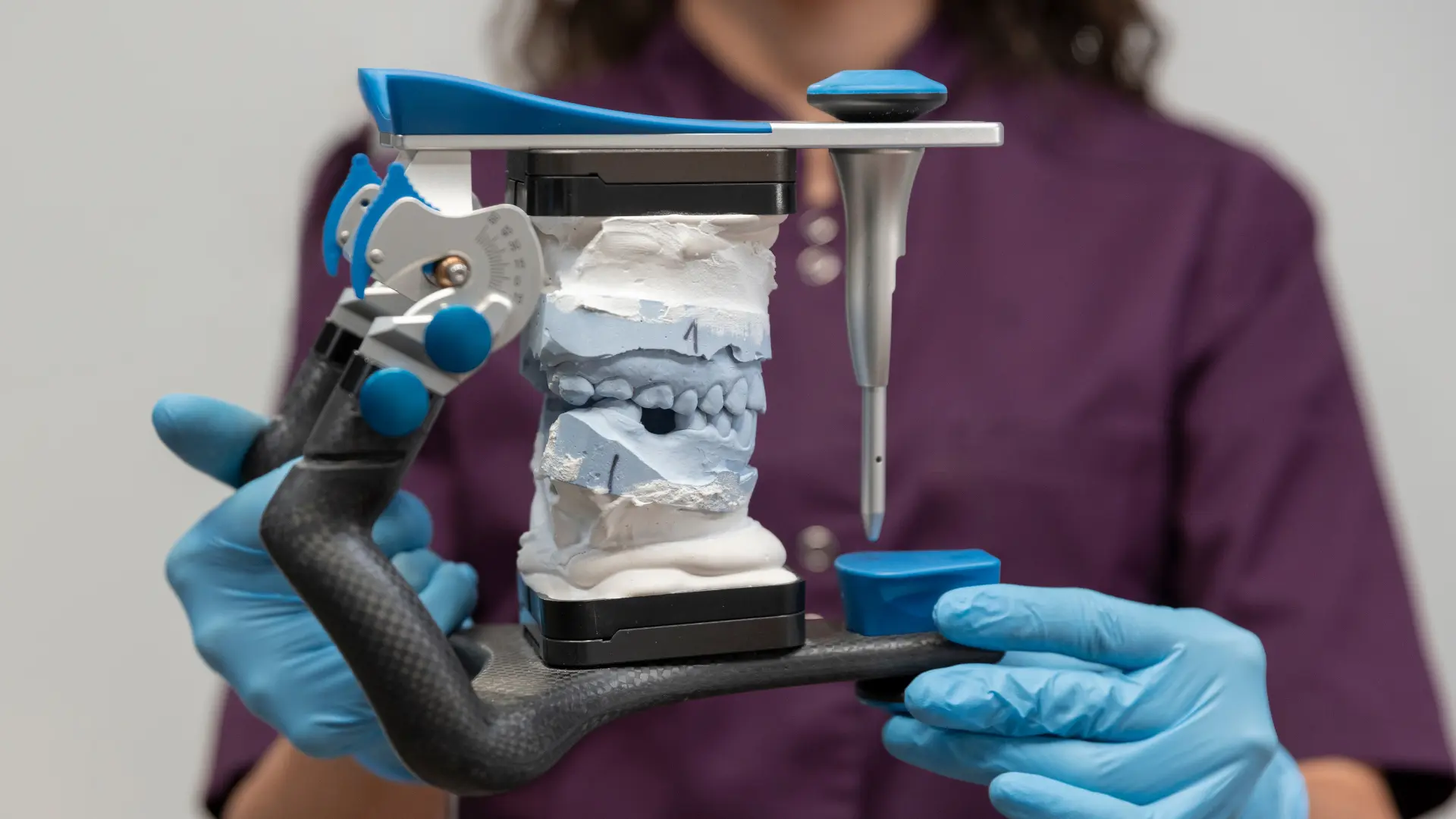Do you wake up with headaches or a sore jaw? Do you experience sensitivity of your teeth or chipping in them? You could be among the many who grind their teeth while they sleep, a condition called bruxism. This quite ordinary but often neglected oral problem may cause some serious dental problems and even influence your overall health. But fear not! We will look at the reasons why teeth are ground and tell you a few tips that will help you get rid of this bad oral habit. Let’s jump in and get you back to peaceful nights and a healthy smile!
What does grinding your teeth in your sleep mean?
Bruxism, a habit of grinding teeth while sleeping, is too often a dental or even physiological habit. Bruxism emerges as a result of involuntary activities, such as clenching, gnashing, or grinding teeth, usually at night. The act itself may lead to dental attrition, however, its deeper meaning is in connection with stress, anxiety, or some other emotional element. Bruxism management is not only about dental protection but also diving into underlying causes to make sure that a holistic treatment and management are sought.
Symptoms of teeth grinding
Bruxism covers a range of symptoms with some exceeding in intensity and presentation between individuals. Other symptoms are headaches in the mornings, facial or jaw pain or discomfort in the jaws from continuous clenching. Tooth sensitivity is observed in some people or they notice flattening or chipping of teeth, which means that grinding continued.
Further, bruxism can cause sleep disturbance and consequently decreased energy and daytime sleepiness. The early recognition of these signs is important as it allows for the intervention in time and saves from further dental problems that are typical with bruxism.
Signs of teeth grinding
The clinical observation of teeth grinding signs as well as patient reported experiences. Dental professionals during routine examinations may note worn tooth enamel, fractured teeth or indicators of heightened tooth sensitivity. Jaw pain or discomfort in the morning, problems with biting, or tension headaches can be reported by the patients. Furthermore, people can hear grinding when the person sleeps. These signs together stimulate further examination and intervention to control the impact of bruxism on dental health and overall health.

Risk Factors for tooth grinding
The risk factors of bruxism include environmental and individual determinants. These can also include stress, anxiety and other emotional factors which may lead to teeth grinding, as well as sleep disorders such as the sleep apnea or snoring. Habits of lifestyle like smoking or drinking too much alcohol may worsen the symptoms of bruxism. Also, some medications, in particular those that affect the central nervous system such as antidepressants, may also raise the risk of bruxism. The identification of these risk factors helps people to deal with modifiable components and to seek suitable intervention that will provide efficient management of bruxism.
Teeth grinding in children
Teeth grinding, though a common problem in children, might cause some worries among parents whether this condition is harmful for the dental development and health in general. The majority of cases of children with bruxism resolve on their own. In contrast, continuous clenching or the related symptoms should lead to the professional check. Pediatric dentists are able to evaluate the intensity of bruxism, and they give guidelines for supervision and control approaches. Parents should always be on the look out for signs of dental wear or pain and should discuss with dental experts for tailored recommendations based on their child’s needs.
Treatment for teeth grinding
The management of teeth grinding usually utilizes a holistic approach that deals with both dental and underlying causes. Dental treatments like custom mouthguards or splints can help to save teeth from additional harm and relieve jaw pain. Stress management strategies, relaxation activities, and cognitive behavioural therapy can be used to deal with the underlying psychological triggers of bruxism. When bruxism is linked with bite deformity or other dental conditions, corrective treatments may be suggested. Multidisciplinary team approach of dental and healthcare specialists ensures a comprehensive bruxism management that is individualized to each person’s needs.
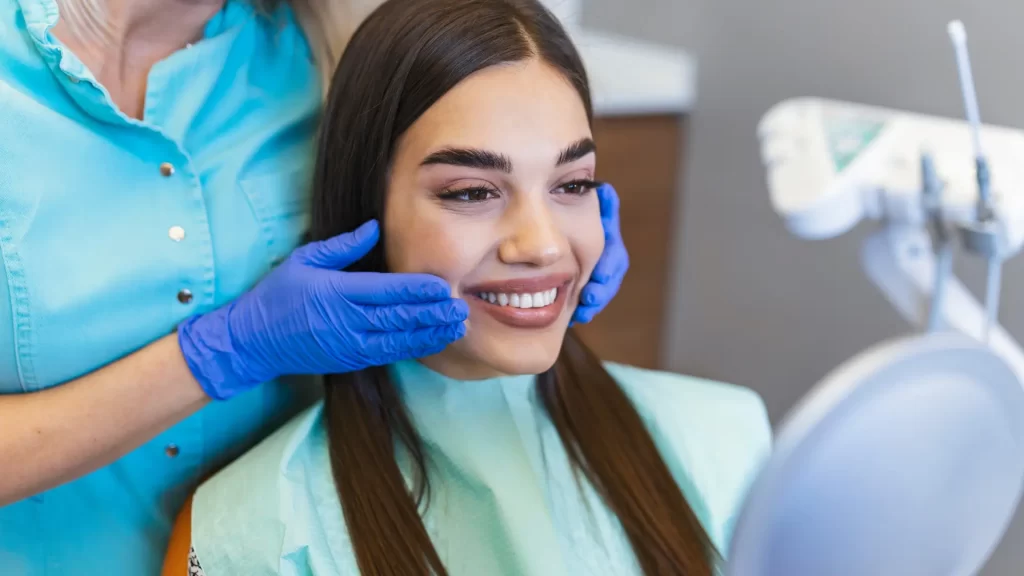
Where to get help
Help for teeth grinding and similar issues is obtained from multiple sources of support and knowledge. Both dentists and dental specialists are main sources where the diagnosis and treatment of bruxism are performed with personalized interventions as well as directions. Underlying stressors or sleep disorders contributing to bruxism may be addressed by mental health professionals or sleep specialists.
Moreover, support groups or forums help to share experiences and obtain coping mechanisms. Through the use of these resources, individuals are provided with ways to find their way through the complexities of bruxism and develop suitable management approaches that take into account their own unique circumstances.
FAQ
How do I stop grinding my teeth in my sleep?
It can be difficult to prevent teeth clenching or grinding at night, but there are many approaches that can be adopted to help manage teeth grinding. Another effective tactic is to wear a custom-fitted mouthguard or splint at night, which is used to protect the teeth from the grinding. Stress alleviation methods, for example, relaxation exercises, meditation, or counseling, are also able to lower bruxism associated with anxiety or stress.
Is teeth grinding a symptom of anything?
Bruxism or teeth grinding is a sign of many factors such as stress, anxiety, sleep disorders, dental issues, among others. Similarly, chronic bruxism is also linked to some medical disorders like temporomandibular joint (TMJ) disorders or neurological conditions such as Parkinson’s disease. Knowing the root cause of bruxism is of great importance in effective control and preventing continued dental complications or other health problems due to prolonged grinding of teeth.
What are three common causes of bruxism?
Stress, anxiety, sleep disorders and dental factors are three common aetiologies of bruxism. Tension in the muscles has increased when the person is stressed and anxious, including the jaw movement muscles, thus teeth grinding. Other sleep problems that could enhance bruxism are sleep apnea or the interruptions in the sleep cycle. Dental factors such as malocclusion, abnormally placed teeth and missing teeth provide situations that favour teeth grinding. Knowing these causes may help in prescribing the right interventions to manage bruxism.
What deficiency causes bruxism?
Although some nutrient deficiencies have been linked to specific oral health problems, a connection between a particular deficiency and bruxism does not exist. Nevertheless, some nutritional imbalances or insufficiency may have an indirect effect by implications of general health and stress. Having a well-balanced diet that is full of the essential nutrients, being hydrated and addressing any underlying nutritional deficiencies can support general oral health and probably help in reducing the risk of bruxism.
What age is bruxism most common?
Bruxism can be apparent at any age, but it is most frequent in children, specifically at the time of the eruption of teeth or during stress. The condition usually resolves itself without any sort of interference as children age. Yet, bruxism can continue into adulthood or emerge in later life as a result of factors, such as, stress, anxiety, or sleep problems. Although the prevalence rates differ among age groups, knowledge of the symptoms and risk factors of bruxism may help to identify the problem early and to implement the right control measures regardless the age.





